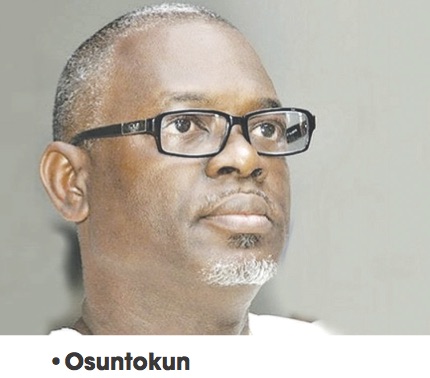
Amidst the ongoing turbulence within the Labour Party (LP), Akin Osuntokun, former Director-General of the 2023 Obi/Datti Presidential Campaign Council, proposes an intriguing solution: independent candidacy. Osuntokun, a key figure in the recent political landscape, highlights the need for this innovative approach in response to the crisis engulfing the LP.
In a recent interview, Osuntokun expressed his concerns over the legitimacy of the LP’s recent convention, held without the presence of key figures like Mr. Peter Obi. He criticized the party’s decision to offer Obi the right of first refusal for the 2027 presidential election, deeming it a hollow gesture amidst internal disarray.
Osuntokun’s advocacy for independent candidacy stems from his observation of the LP’s internal strife, suggesting that figures like Obi could potentially thrive outside traditional party structures. He emphasizes Obi’s widespread popularity and suggests that interest groups across the country are open to supporting his presidential bid, irrespective of party affiliation.
The LP’s current predicament, Osuntokun argues, necessitates a thorough reevaluation of its leadership and direction. He predicts the emergence of multiple factions within the party, reflecting broader discontent with its handling of internal affairs.
READ ALSO: How Policeman Died Mid-way Inside Kaduna-Abuja Train
Looking ahead, Osuntokun acknowledges the uncertainty surrounding Obi’s political future. Despite the challenges posed by the LP’s crisis, he believes that Obi’s appeal transcends party boundaries and could pave the way for alternative paths to political prominence.
As Osuntokun continues to advocate for independent candidacy as a solution to Nigeria’s political challenges, his words resonate with those disillusioned by traditional party politics. With the 2027 presidential election looming on the horizon, the landscape of Nigerian politics remains unpredictable, yet ripe for transformation.




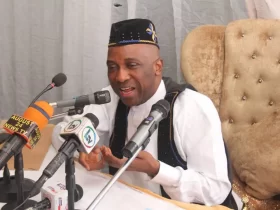
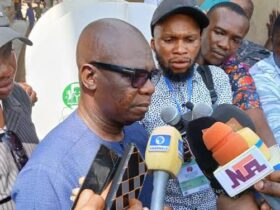
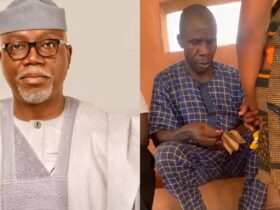
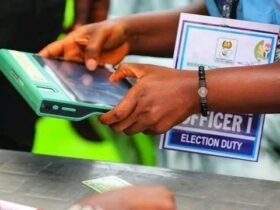
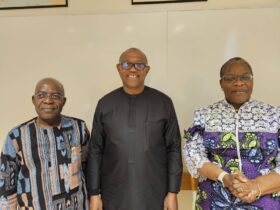
Leave a Reply